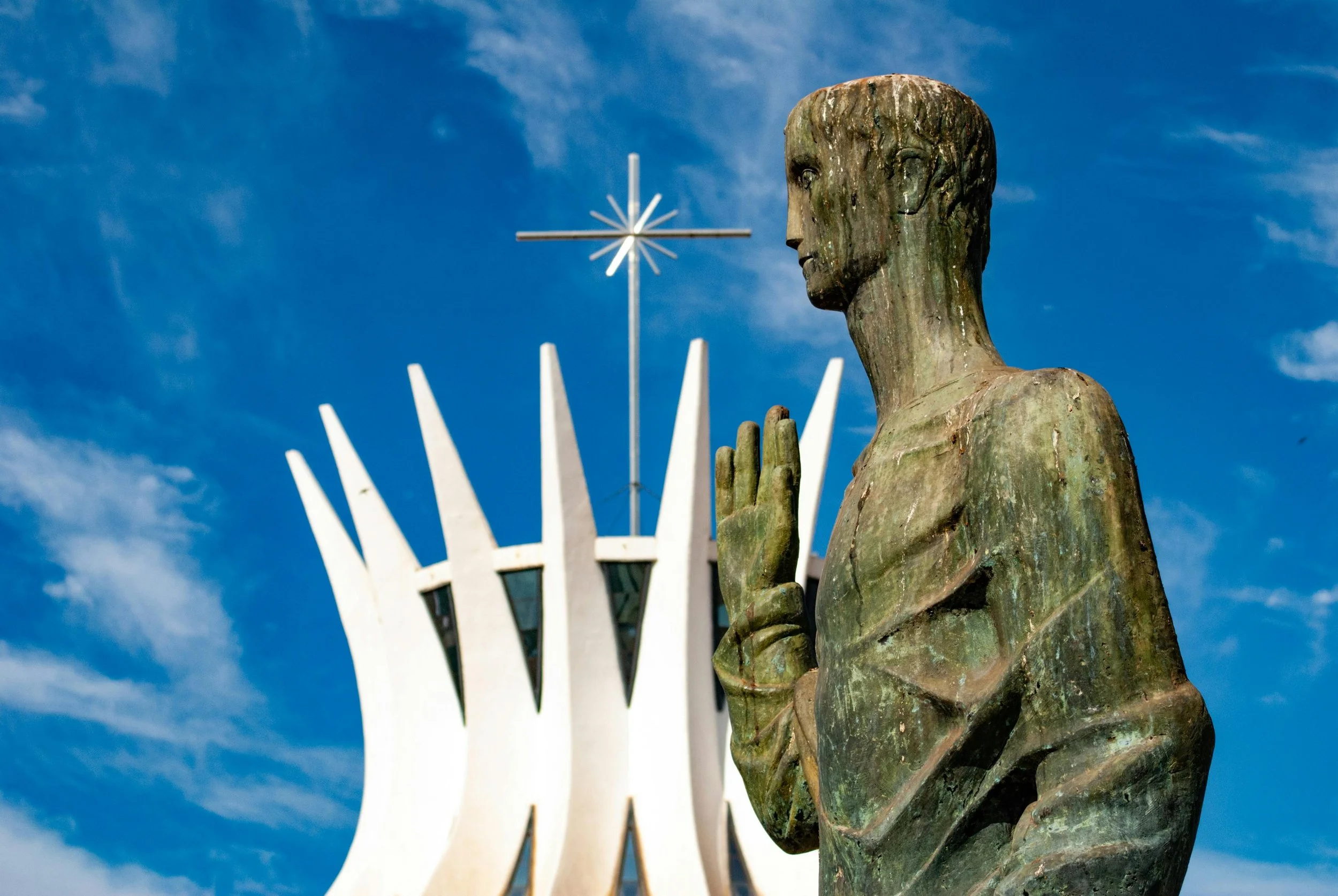Balancing Powers
(Source: Eduardo Vieira, pexels.com)
The testimony phase of the investigation into President Bolsonaro’s handling of the pandemic began earlier this week. This investigation, called a CPI (for “Comissão Parlamentar de Inquérito” or “Congressional Investigation Commission”), is one of the checks and balances built into the Brazilian political system. Like the U.S., the Brazilian system is based on the idea of separation of powers, dividing national government into legislative, executive, and judiciary branches.
But the Portuguese word for “branch” (as in a part of government) is “poder” - literally “power.” The iconic central mall in Brasília that separates the three branches is the Praça dos Três Poderes (“Park of the Three Powers”). One can’t help but feel that that emphasis on “power” directs attention away from the idea of parts forming a whole and instead emphasizes the struggle between parts of government. Add to that Brazil’s history of strong executives bordering on a cult of personality - not to mention the fact that (as in many countries) the president’s office (and affiliated parties) are usually referred to as the “governo” (“government”) and it’s easy to see how touchy an investigation of one branch by another can be.
Moreover, the CPI is widely understood as arising from the rights of the congressional minority, further elevating the executive branch’s status. “CPIs are considered a subjective right of congressional minorities to assure that the Legislature fulfills its oversight function without being impeded or constrained by the majority congressional groups.” (https://blog.supremotv.com.br/cpi-o-que-e-e-como-funciona-o-direito-das-minorias-parlamentares/) A CPI is started by a request of 1/3 of the members of either house.
